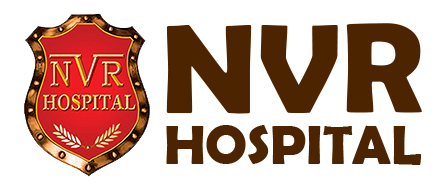Poisoning cases
What Are Poisoning Cases?
Poisoning cases occur when harmful substances are ingested, inhaled, absorbed, or injected into the body, causing adverse effects. These cases can range from mild to life-threatening, depending on the type and amount of the poison, as well as the individual's age, health, and response to the toxin. Poisoning is a significant medical emergency that requires prompt identification and management
Common Causes of Poisoning Cases
- Medications: Overdose of prescription or over-the-counter drugs like painkillers, sedatives, or antidepressants
- Chemicals: Household cleaners, pesticides, and industrial chemicals
- Food: Consumption of contaminated or spoiled food can lead to food poisoning
- Alcohol and Drugs: Excessive intake of alcohol or recreational drugs
- Carbon Monoxide: Inhalation of this odorless gas from faulty heaters or vehicles
- Plants and Animals: Poisonous plants like nightshade or bites from venomous animals like snakes
Symptoms of Poisoning
- Nausea and vomiting
- Difficulty breathing
- Abdominal pain
- Dizziness or confusion
- Seizures
- Loss of consciousness
- Skin irritation or burns
Management and Treatment
Immediate Actions
- Remove the person from the source of poison
- Call emergency services or a poison control center immediately
- Do not induce vomiting unless instructed by a medical professional
Hospital Treatment
- Activated Charcoal: Used to absorb toxins in the stomach
- Antidotes: Specific treatments for poisons like snake venom or drug overdoses
- Supportive Care: Oxygen therapy, intravenous fluids, or dialysis may be necessary in severe cases
Prevention of Poisoning
- Store medications and chemicals out of reach of children
- Avoid mixing household cleaning agents
- Properly label and store all potentially toxic substances
Early recognition and intervention are crucial for managing poisoning cases effectively. If you suspect poisoning, seek immediate medical attention
For any inquiries, please contact our hospital for assistance and care.
